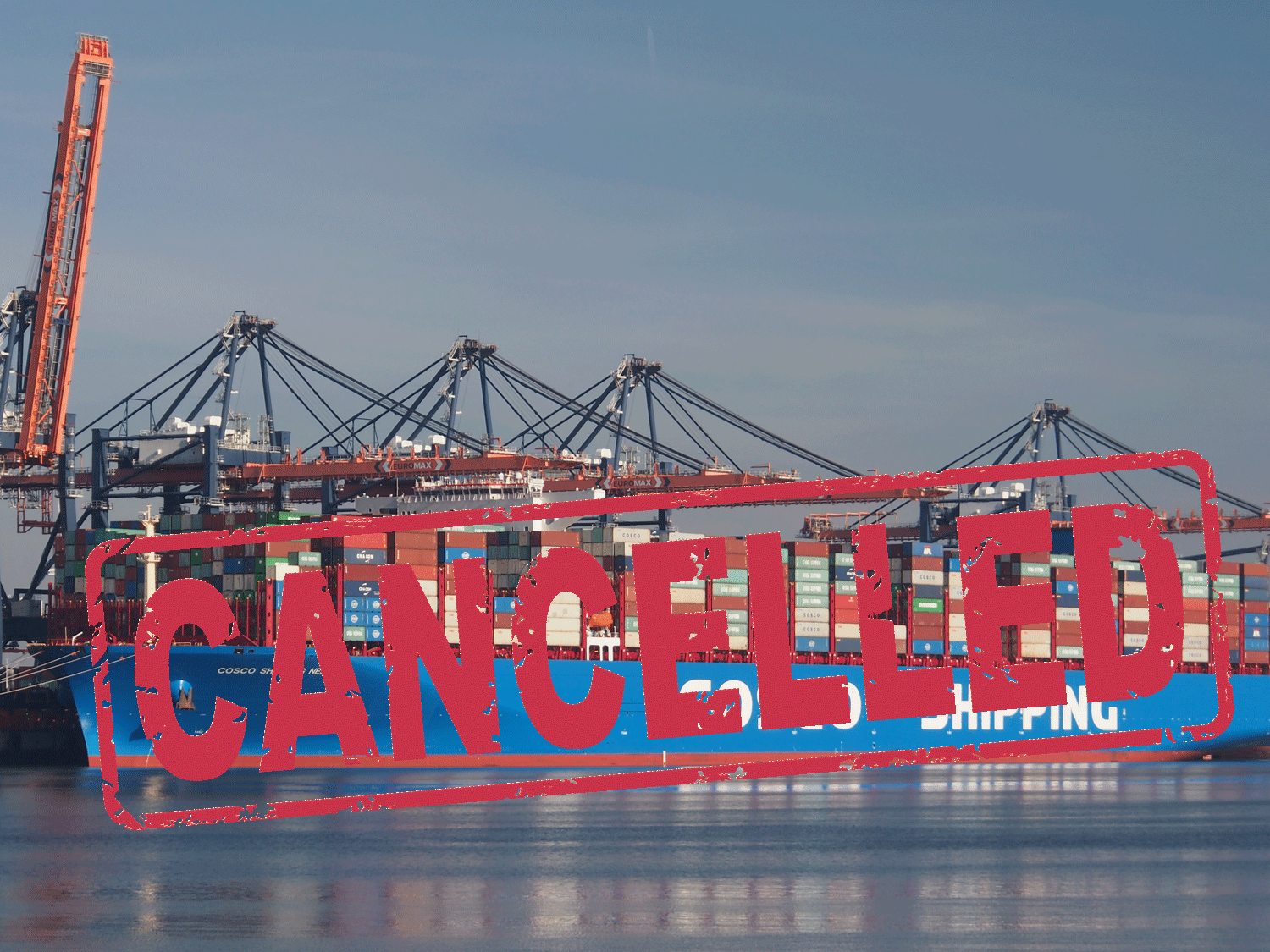Frustrated shippers, trying to avoid further container shipping delays, by switching modes, has driven air freight and charter rates to climb by up to ten times in a single week.
Further imbalance between supply and demand is emerging, with the airlines conversion of passenger aircraft into temporary cargo planes failing to satisfy demand.
Many airlines are operating at their maximum capacity, which means that airports, and their cargo ground handling facilities, are heavily congested and global delays are inevitable, with significant disruption reported at Atlanta, Frankfurt and New York. Heathrow is also experieincing disruption as aircargo flows intensify during the final quarter.
Unprecedented demand for charter flights has been driven by massive increases in ocean freight rates on major trade-lanes, unreliable extended ocean freight transit times, delays and local driver shortages in Europe and the continued lack of passenger aircraft belly capacity due to travel restrictions globally, which is only beginning to open up as countries lift restrictions.
Charter prices have risen to record levels and as more aircraft are booked up, equipment is moving from increasingly large distances to service key routes from Asia, since there’s no ad-hoc scheduled capacity left in the market throughout October and into November.
We would expect to see further ‘preighter’ capacity added in the days and weeks ahead and express airlines are also adding freighter capacity to attempt to meet rising demand. With one expanding its services to Europe and North America in the run-up to Christmas, adding 62 flights a week and new services from Japan and Taiwan. However this is also now clashing with the re-introduction of scheduled passenger driven flights which is reducing the number of aircraft available for cargo only flights as the mainstream revenue opportunity returns to the airlines.
Intra-Asia integrator capacity has also been increased by replacing Boeing 757 narrow-body freighters with B767 wide-body freighters, doubling cargo capacity from/ to Indonesia, Vietnam, Thailand and the Philippines.
Shanghai Pudong is operating relatively smoothly again after multiple Covid-linked disruptions and the local market has been quieter, due to Golden Week, although demand has picked up again after the holiday period as factories return and the Christmas period approaches.
Overall the market seems to be steady, with rates to certain destinations slightly higher, but with the peak season continuing, we expect this situation will degrade, as shippers in certain areas want to make sure they get their products in for the seasonal period and this is likely to push air freight rates up even further as a consequence of the supply/ demand dynamic.
We work closely with our global network to monitor market capacity and identify service opportunities that might benefit our customers, which means that despite the massive challenges, we continue to find solutions for time-sensitive shipments.
Evaluating and blocking space on viable services early, is a critical factor in achieving deadlines based on customers’ requirements and expectations, including the constant recalibration of our hybrid sea/air platforms and hub services.
Please call Elliot Carlie or Grant Liddell for further insights and advice.





